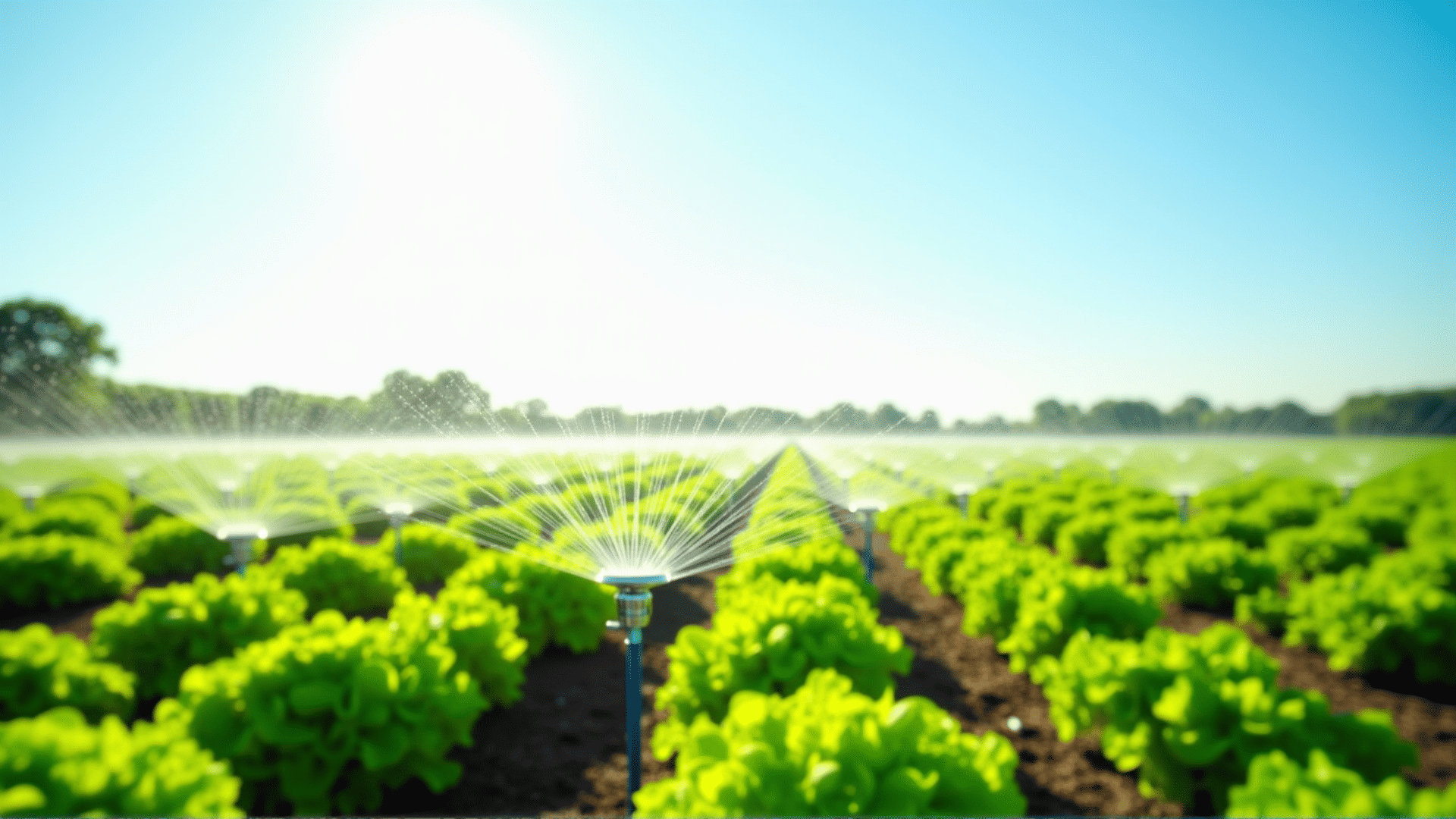In the face of growing global water scarcity, smart irrigation systems have emerged as a revolutionary solution to ensure optimal water usage and efficiency in agricultural and urban landscapes. These advanced systems integrate technology with ecology, creating a sustainable approach to water management that is not only beneficial for the environment but also economically advantageous for users.
At its core, smart irrigation leverages data-driven technologies to precisely control water delivery. Traditional irrigation methods often operate on fixed schedules, regardless of the varying needs of plants or weather conditions. In contrast, smart irrigation systems utilize a range of sensors and data inputs—from soil moisture levels and weather forecasts to real-time plant needs—allowing them to dynamically adjust water flow. This precision reduces wastage significantly, as water is only used when and where it is needed.
A key component of smart irrigation is the integration of weather-based controllers, also known as evapotranspiration (ET) controllers. These devices gather climatic data, such as temperature, humidity, wind, and solar radiation, to calculate the exact amount of water plants need. By synchronizing irrigation with weather conditions, these systems prevent overwatering, thereby conserving water and reducing runoff that can lead to soil erosion or nutrient leaching.
Moreover, soil moisture sensors play a crucial role in fine-tuning water application. Installed at the root level of plants, these sensors provide real-time data about the moisture content of the soil. This information helps the system determine if there is already sufficient moisture present, thus avoiding unnecessary irrigation and promoting healthier plant growth by encouraging deeper root systems.
The benefits of smart irrigation extend beyond water conservation. By optimizing water use, these systems also contribute to energy savings, as less water needs to be pumped and transported. Additionally, the reduced need for manual irrigation lowers labor costs, freeing up farmers and landscapers to focus on other critical tasks. Furthermore, the increased efficiency may enhance crop yields and landscape health, offering a tangible return on investment.
In urban environments, smart irrigation is transforming the maintenance of parks, gardens, and recreational areas. City planners are increasingly adopting these systems to manage public green spaces responsibly. By conserving water, cities can reduce their environmental impact while ensuring that recreational areas remain lush and attractive, even in times of drought.
For individuals, the adoption of smart irrigation at home can lead to significant cost savings on water bills, while also contributing to environmental conservation efforts. Homeowners can manage their irrigation systems remotely through smartphone apps, making adjustments as needed and receiving alerts about system performance.
As climate change continues to challenge water availability worldwide, smart irrigation systems represent a forward-thinking approach to resource management. By utilizing advanced technology to enhance traditional irrigation practices, these systems offer a sustainable solution that aligns environmental stewardship with economic benefits. As adoption grows, communities around the world will be better equipped to face the water challenges of the future, ensuring a sustainable legacy for generations to come.
